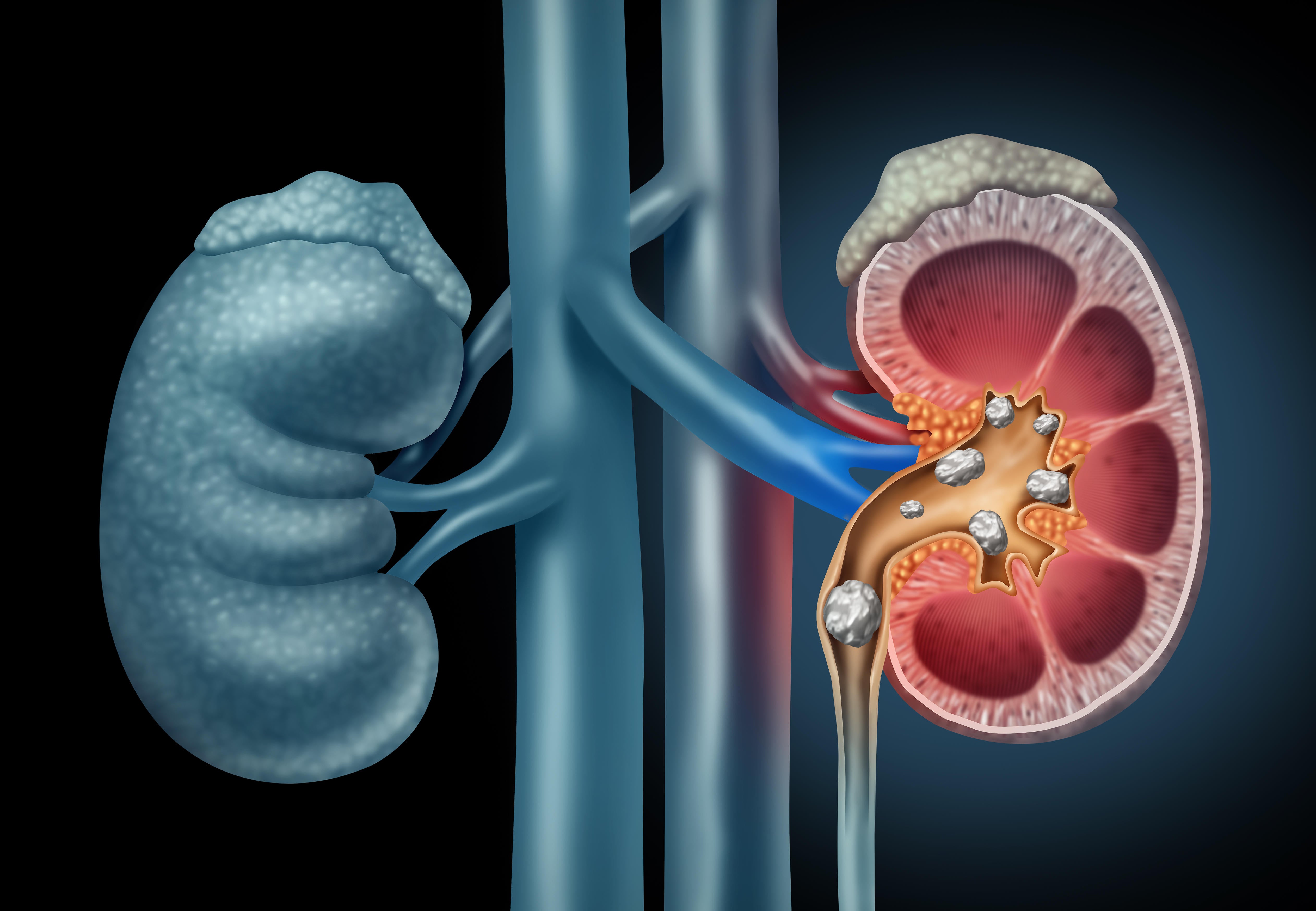New research has found that the effects of dehydration can extend far beyond simply feeling thirsty and having a headache.
Researchers at Liverpool John Moores University found that people who habitually consume less than the recommended 1.5 litres of water per day showed elevated levels of cortisol – the body’s primary stress hormone.
The study involved 32 participants split into two groups: one consistently met daily fluid intake recommendations (roughly 1.5 to two litres, or six to eight cups), while the other did not.
Each participant was given just 10 minutes to prepare for a surprise job interview, followed by a mental arithmetic test.

Saliva samples taken before and after the stress test revealed that those who drank less water had higher cortisol levels.
Two GPs have revealed the other lesser-known consequences of not drinking enough water, with even mild dehydration quietly impacting both your body and mind in unexpected ways:
1. Bad breath
“While we are familiar with common dehydration symptoms that arise from sun exposure or exercise – such as tiredness, headaches, thirst, dizziness, reduced urine output, dark urine, and a dry mouth – there are several lesser-known effects that can occur if dehydration is not addressed,” says Dr Naveed Asif, GP at The London General Practice.
“For instance, bad breath can result from decreased saliva, which normally helps neutralise bacteria in the mouth.”
2. Sugar cravings
“It’s also common to experience sugar cravings when dehydrated, as the liver requires water to convert glycogen into glucose for energy, leading to lower glucose levels in the body,” explains Asif.
3. Worsen allergies

“Allergies may become worse when dehydrated due to increased levels of certain chemicals in the blood that heighten sensitivities,” says Asif.
4. Electrolyte imbalance and muscle cramps
“Dehydration has a substantial effect on the body’s electrolyte balance,” says Dr Nadira Awal, Doctify-rated GP.
“Electrolytes such as sodium, potassium, and chloride are required for a variety of biological activities, including nerve signalling and muscle contraction.
“When the body becomes dehydrated, the equilibrium of these essential electrolytes can be upset. This imbalance can cause a variety of symptoms, ranging from minor muscle cramps to more serious consequences like involuntary muscle spasms and, in extreme circumstances, loss of consciousness.”
5. Premature skin ageing
“Adequate hydration is critical for preserving skin flexibility and health,” says Awal.
“When the body is persistently dehydrated, the skin becomes dry and less elastic, making it more susceptible to irritation and damage. Over time, this can lead to premature ageing and an increased risk of skin problems.”
6. Drop in blood pressure
The cardiovascular system can also be affected by dehydration.
“As the body loses fluids, blood volume falls, potentially leading to a reduction in blood pressure,” notes Awal. “This drop in blood pressure may result in decreased oxygen supply to tissues throughout the body. In severe situations, this can lead to hypovolemic shock, a life-threatening condition in which the heart fails to pump enough blood to meet the body’s requirements.”
7. Cognitive impacts
Dehydration can also have a profound impact on cognitive performance.

“The brain is extremely sensitive to changes in hydration status – even modest dehydration can impair mental ability,” says Awal. “Studies have demonstrated that dehydration can impair concentration, memory, and decision-making.
“In more severe cases, it can create confusion and disorientation, which is especially dangerous in situations that need alertness, such as driving or operating machinery.”
8. Low energy
“Inadequate water intake is often associated with fatigue and decreased physical performance,” says Awal. “Water transports nutrients and oxygen to cells throughout the body. When hydration levels are low, this process becomes less efficient, resulting in lower energy levels and poor physical performance.
“This can have an impact on everything from daily routines to athletic performance, thereby increasing the risk of injury when exercising.”
9. Increases risk of kidney stones and UTIs
The kidneys are especially vulnerable to the consequences of persistent dehydration.

“Insufficient water intake can raise the risk of kidney stones over time by increasing the concentration of minerals and waste materials in the urine,” explains Awal.
“This can lead to painful crystallisations in the urinary tract. Furthermore, persistent dehydration can put additional burden on the kidneys, increasing the risk of urinary tract infections and perhaps contributing to long-term kidney damage.”






